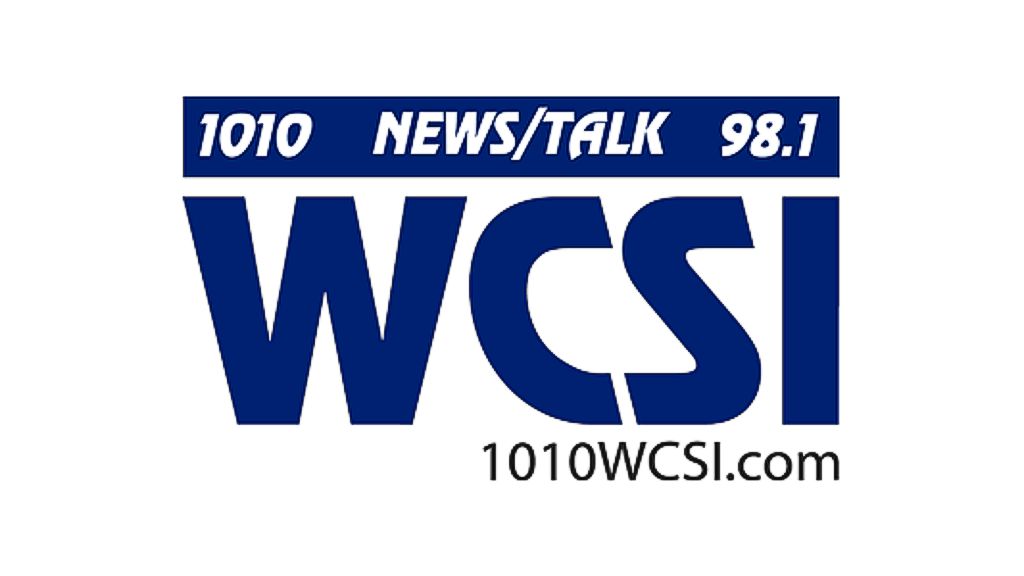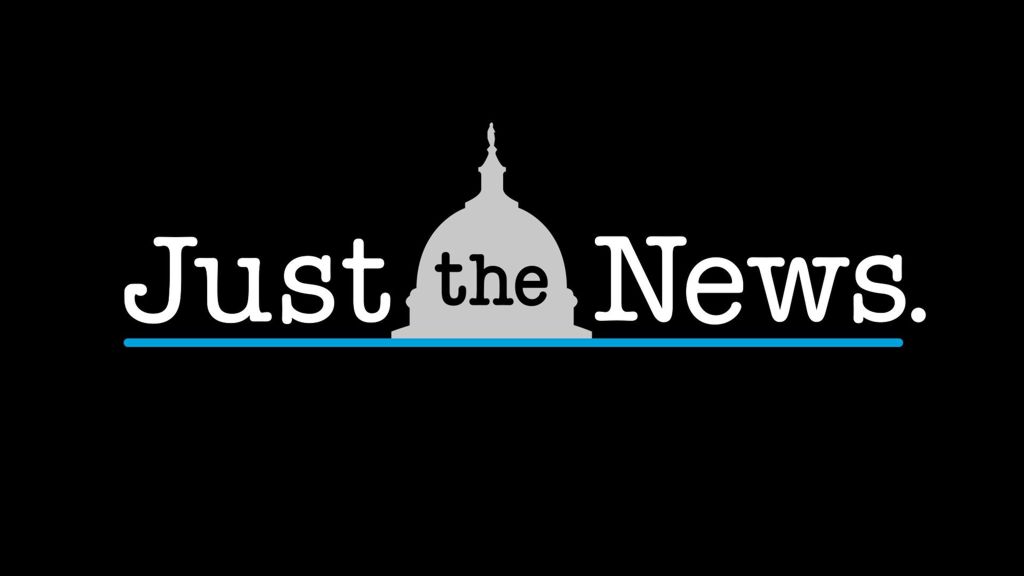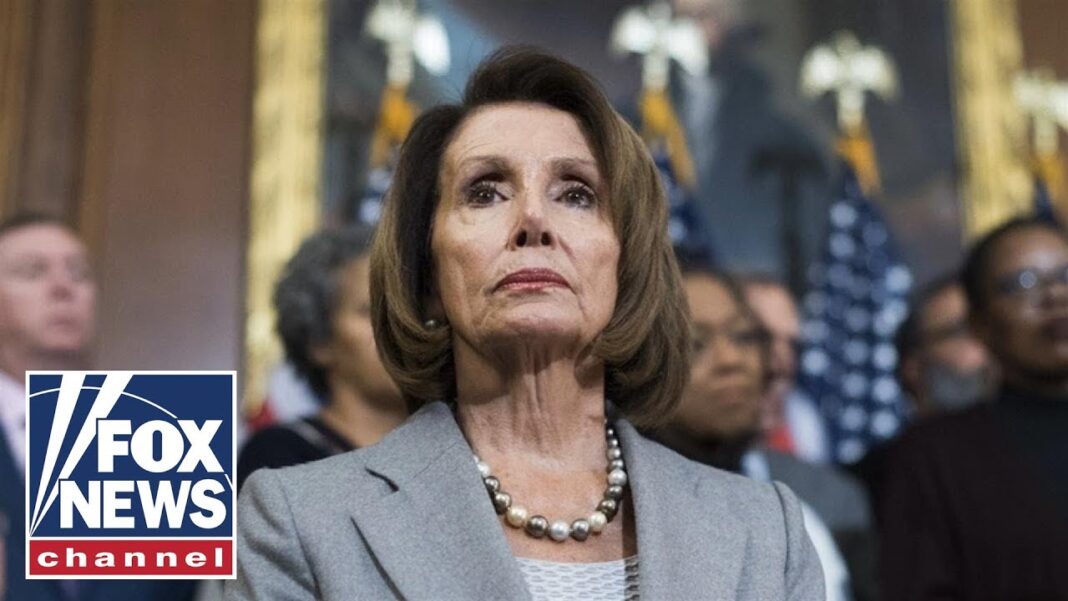President Trump this week “fully authorized the total declassification” of any and all documents related to the Russia investigation.
The president in May 2019, following the completion of former Special Counsel Robert Mueller’s investigation, told Attorney General Bill Barr to begin a declassification process of documents related to surveillance of the Trump campaign in 2016.
Mueller’s investigation yielded no evidence of criminal conspiracy or coordination between the Trump campaign and Russian officials during the 2016 election.
Thus far, the Trump administration has declassified a number of documents, which allies of the president have cast as significant, citing their content as proof that the investigation into the president and his first campaign was baseless.
Declassification ramped up early this year, when Richard Grenell took the helm as acting director of national intelligence, and then continued when Ratcliffe was confirmed and sworn in as DNI.
House Intelligence Committee transcripts
In May, Grenell cleared for release more than 6,000 pages of transcripts of interviews from the House Intelligence Committee’s long-running Russia investigation. Committee Chairman Adam Schiff, D-Calif., under pressure from Grenell and House Republicans, ultimately released the transcripts which revealed, among other things, that top Obama officials acknowledged they had no “empirical evidence” of collusion or a conspiracy between the Trump campaign and Russia in the 2016 election. Fox News first reported on the transcripts.
“I never saw any direct empirical evidence that the Trump campaign or someone in it was plotting/conspiring with the Russians to meddle with the election,” former Director of National Intelligence James Clapper testified in 2017. “That’s not to say that there weren’t concerns about the evidence we were seeing, anecdotal evidence. … But I do not recall any instance where I had direct evidence.”
HOUSE INTEL TRANSCRIPTS SHOW TOP OBAMA OFFICIALS HAD ‘NO EMPIRICAL EVIDENCE’ OF TRUMP-RUSSIA COLLUSION
Obama national security adviser Susan Rice was asked the same question.
“To the best of my recollection, there wasn’t anything smoking, but there were some things that gave me pause,” she said, according to her transcribed interview, in response to whether she had any evidence of conspiracy. “I don’t recall intelligence that I would consider evidence to that effect that I saw … conspiracy prior to my departure.”
When asked whether she had any evidence of “coordination,” Rice replied: “I don’t recall any intelligence or evidence to that effect.”
When asked about collusion, Rice replied: “Same answer.”
Former deputy national security adviser Ben Rhodes was asked the same question during his House Intelligence interview.
“I wouldn’t have received any information on any criminal or counterintelligence investigations into what the Trump campaign was doing, so I would not have seen that information,” Rhodes said.
When pressed again, he said: “I saw indications of potential coordination, but I did not see, you know, the specific evidence of the actions of the Trump campaign.”
Former U.S. Ambassador to the United Nations Samantha Power, according to the transcript of her interview, was asked about the same issue. Power replied: “I am not in possession of anything—I am not in possession and didn’t read or absorb information that came from out of the intelligence community.”
When asked again, she said: “I am not.”
Susan Rice Inauguration Day email to self
Grenell also moved to declassify an email that former national security adviser Susan Rice sent to herself on President Trump’s Inauguration Day, documenting a Jan. 5, 2017, Oval Office meeting with Obama and others, during which the former president provided guidance on how law enforcement needed to investigate Russian interference in the 2016 presidential race.
The declassified email revealed that former FBI Director James Comey suggested to Obama that the National Security Council might not want to pass “sensitive information related on Russia” to former White House national security adviser Michael Flynn, due to the fact that he had been “speaking frequently” with the Russian ambassador.
List of officials who sought to ‘unmask’ Michael Flynn
Then, Grenell declassified a list of Obama-era officials who requested to unmask the identity of Flynn in intelligence reports during the presidential transition period.
The roster included top-ranking figures, including then-Vice President Joe Biden, then-FBI Director James Comey, then-CIA Director John Brennan, then-Director of National Intelligence James Clapper, and former President Barack Obama’s chief of staff Denis McDonough, among others.
LIST OF OFFICIALS WHO SOUGHT TO UNMASK FLYNN RELEASED: BIDEN, COMEY, OBAMA CHIEF OF STAFF AMONG THEM
Unmasking occurs after U.S. citizens’ conversations are incidentally picked up in conversations with foreign officials who are being monitored by the intelligence community. The U.S. citizens’ identities are supposed to be protected if their participation is incidental and no wrongdoing is suspected.
Officials, however, can determine the U.S. citizens’ names through a process that is supposed to safeguard their rights. In the typical process, when officials are requesting the unmasking of an American, they do not necessarily know the identity of the person in advance.
DOJ inspector general report footnotes
Grenell also declassified more than three dozen previously redacted footnotes from the Justice Department inspector general’s report into intelligence community failures during the Russia investigation.
Flynn-Kislyak transcripts
When current DNI John Ratcliffe was sworn in in late May, the declassifications continued — first with the release of transcripts of phone conversations that took place in December 2016 between Flynn and then-Russian Ambassador Sergey Kislyak. The transcripts detailed the discussions that would later lead to Flynn’s FBI interview and subsequent charges. Fox News first reported on the transcripts.
The transcripts had been, in part, declassified by Grenell, in one of his last moves as acting DNI, but the declassification process was completed by Ratcliffe, vowing “transparency” within the ODNI upon their release.
FLYNN-KISLYAK CALL TRANSCRIPTS RELEASED, REVEALING FATEFUL TALKS OVER RUSSIA SANCTIONS
The documents include a key Dec. 29, 2016 conversation in which Flynn repeatedly urged Russia not to dramatically escalate tensions in response to sanctions imposed by the outgoing Obama Administration over election interference.
It has been known that Flynn made such appeals to Russia during the transition period ever since the FBI pressed him for details about that discussion in early 2017. Flynn pleaded guilty in December of that year to a single count of lying to investigators.
Since that charge, Flynn has fought to withdraw his plea and the Justice Department in May moved to drop the prosecution entirely, maintaining that the FBI’s interview was “conducted without any legitimate investigative basis.”
2017 Intelligence Community Assessment (ICA) footnote, shows Steele dossier had ‘limited corroboration’
In June, Ratcliffe declassified a footnote on the 2017 Intelligence Community Assessment (ICA) on Russian election interference, which noted that the reporting of Trump dossier author Christopher Steele had only “limited corroboration” regarding whether then-President-elect Donald Trump “knowingly worked with Russian officials to bolster his chances of beating Hillary Clinton and other claims.
The unverified anti-Trump dossier helped serve as the basis for controversial Foreign Intelligence Surveillance Act (FISA) warrants obtained against former Trump campaign aide Carter Page.
NEWLY DECLASSIFIED INTEL DOCUMENT NOTED STEELE DOSSIER CLAIMS HAD ‘LIMITED CORROBORATION’
The footnote made clear the internal concerns officials had over the dossier, which revealed that Steele used “both identified and unidentified sub sources” and noted that they “have “only limited corroboration of the source’s reporting in this case and did not use it to reach the analytic conclusions of the CIA/FBIA/NSA assessment.”
Steele’s reporting was not included in the body of the final ICA prepared for then-President Barack Obama, but instead detailed in this footnote, “largely at the insistence of FBI’s senior leadership,” according to a review by the Justice Department inspector general, and later, the Senate Intelligence Committee.
That committee, in April, released a report on the 2017 ICA, noting that officials who drafted and prepared the assessment “were under no political pressure” to reach “specific conclusions.” The committee noted that the ICA, which was publicly released in early January 2017, reflected a proper representation of the intelligence collected, but noted that the document did not include information provided by Steele in its body.
The back-and-forth over Steele’s reporting being included in the final ICA for Obama was between the CIA and former FBI Deputy Director Andrew McCabe, who, despite the inaccuracies and uncorroborated nature of Steele’s reporting, said he wanted to include that information, Justice Department Inspector General Michael Horowitz first revealed in his FISA report last year.
McCabe told the Justice Department inspector general’s office he believed the Steele reporting needed to be included in that ICA because “President Obama had requested ‘everything you have relevant to this topic of Russian influence.’”
But, CIA officials pushed back, arguing that Steele’s reporting was simply “internet rumor,” and merited inclusion only as an appendix in the final report.
McCabe, at the time, argued that including it as an appendix was simply “tacking it on” in a way that “would minimize” the information and prevent it from being properly considered—despite former FBI Director James Comey’s assertion that Steele’s reporting was “not ripe enough, mature enough, to be a finished intelligence product.”
Ultimately, “the FBI’s view did not prevail,” and the final ICA report included Steele’s reporting only as a short summary in an appendix.
The footnote also stated that “the source collected this information on behalf of private clients and was not compensated for it by the FBI.”
Steele’s reporting, at the time, was commissioned by opposition research firm Fusion GPS and funded by the Hillary Clinton campaign and the Democratic National Committee (DNC) through law firm Perkins Coie.
It was later revealed, in September, by Attorney General Barr, that one of the primary sources for Steele’s reporting had been the subject of an FBI counterintelligenceinvestigation from 2009 to 2011 for suspected contact with Russian intelligence officers.
Document revealing FBI agent used 2016 briefing on election interference to question Team Trump
In July, Ratcliffe declassified a document that revealed that the FBI agent who delivered a defensive briefing on election interference to the Trump campaign in August 2016 “actively listened” for certain topics—using it as a “cover” to monitor then-candidate Donald Trump and Flynn, which Fox News first reported.
The briefing, which was held at the FBI’s New York Field Office, also included a “13-minute defensive briefing” delivered by FBI agent Joe Pientka.
SOURCE SAYS FBI AGENT USED 2016 BRIEFING ON ELECTION INTERFERENCE AS ‘COVER’ TO QUESTION TEAM TRUMP
The document was dated Aug. 30, 2016, and filed under “Crossfire Hurricane,” the FBI’s code name for its investigation into whether the Trump campaign was colluding with the Russians to influence the 2016 election; “Crossfire Razor,” the FBI’s code name for the investigation into Michael Flynn; “Russia Sensitive Investigative Matter,” and FARA, the Foreign Agents Registration Act.
The document stated that FBI officials Kevin Clinesmith and Peter Strzok “approved” Pientka’s notes.
The source told Fox News that Pientka, at the time of the briefing, was also tasked with running the FBI’s investigation into Flynn.
The source went on to tell Fox News that the briefing was used as “a cover to listen for any remarks” by Trump or others about the Russian federation.
A senior administration official told Fox News that the declassified document “shows the same cast of virulent characters that spearheaded the Russia hoax, set Trump up from jump.”
“Clinesmith, the FISA forger and his trusted sidekick, Strzok, attempted to make good on their promise to prevent Trump from winning,” the official told Fox News. “A scam briefing from a scam crew of miscreants at the FBI.”
Pientka participated in the January 2017 White House interview that led to Flynn’s prosecution.
Clinesmith has since plead guilty to making a false statement in the first criminal case arising from U.S. Attorney John Durham’s review of the investigation into links between Russia and the 2016 Trump campaign.
CIA memo to FBI on Clinton “plan” to tie Trump to Russia as a ‘means of distracting’ the public from private email server
Fox News first reported that Ratcliffe, this week, declassified a CIA memo sent to then FBI Director James Comey and then Deputy Assistant Director of Counterintelligence Peter Strzok, referring Clinton “plan” to the bureau for potential investigative action.
“The following information is provided for the exclusive use of your bureau for background investigative action or lead purposes as appropriate,” the CIA memo to Comey and Strzok stated.
“This memorandum contains sensitive information that could be source revealing. It should be handled with particular attention to compartmentation and need-to-know. To avoid the possible compromise of the source, any investigative action taken in response to the information below should be coordinated in advance with Chief Counterintelligence Mission Center, Legal,” the memo, which was sent to Comey and Strzok, read. “It may not be used in any legal proceeding—including FISA applications—without prior approval…”
“Per FBI verbal request, CIA provides the below examples of information the CROSSFIRE HURRICANE fusion cell has gleaned to date,” the memo continued. ““An exchange [REDACTED] discussing US presidential candidate Hillary Clinton’s approval of a plan concerning US presidential candidate Donald Trump and Russian hackers hampering US elections as a means of distracting the public from her use of a private email server.”
The memo is heavily redacted.
Former CIA Director John Brennan’s handwritten notes after briefing Obama on Clinton “plan”
Also this week, Ratcliffe declassified CIA Director John Brennan;s handwritten notes after briefing former President Obama on Hillary Clinton’s purported “plan” to tie then-candidate Donald Trump to Russia as “a means of distracting the public from her use of a private email server” ahead of the 2016 presidential election.
A source familiar with the documents explained that Brennan’s handwritten notes were taken after briefing Obama on the matter.
“We’re getting additional insight into Russian activities from [REDACTED],” Brennan notes read. “CITE [summarizing] alleged approved by Hillary Clinton a proposal from one of her foreign policy advisers to vilify Donald Trump by stirring up a scandal claiming interference by the Russian security service,” Brennan’s notes read.
The notes state “on 28 of July.” In the margin, Brennan writes “POTUS,” but that section of the notes is redacted.
“Any evidence of collaboration between Trump campaign + Russia,” the notes read.
The remainder of the notes are redacted, except in the margins, which reads: “JC,” “Denis,” and “Susan.”
The notes don’t spell out the full names but “JC” could be referring to then-FBI Director James Comey or former Director of National Intelligence James Clapper, “Susan” could refer to National Security Adviser Susan Rice, and “Denis” could refer to then-Obama chief of staff Denis McDonough.






